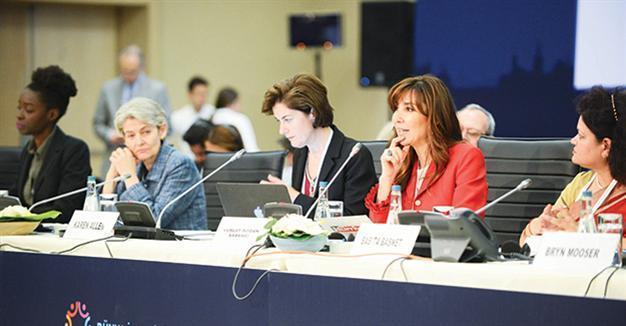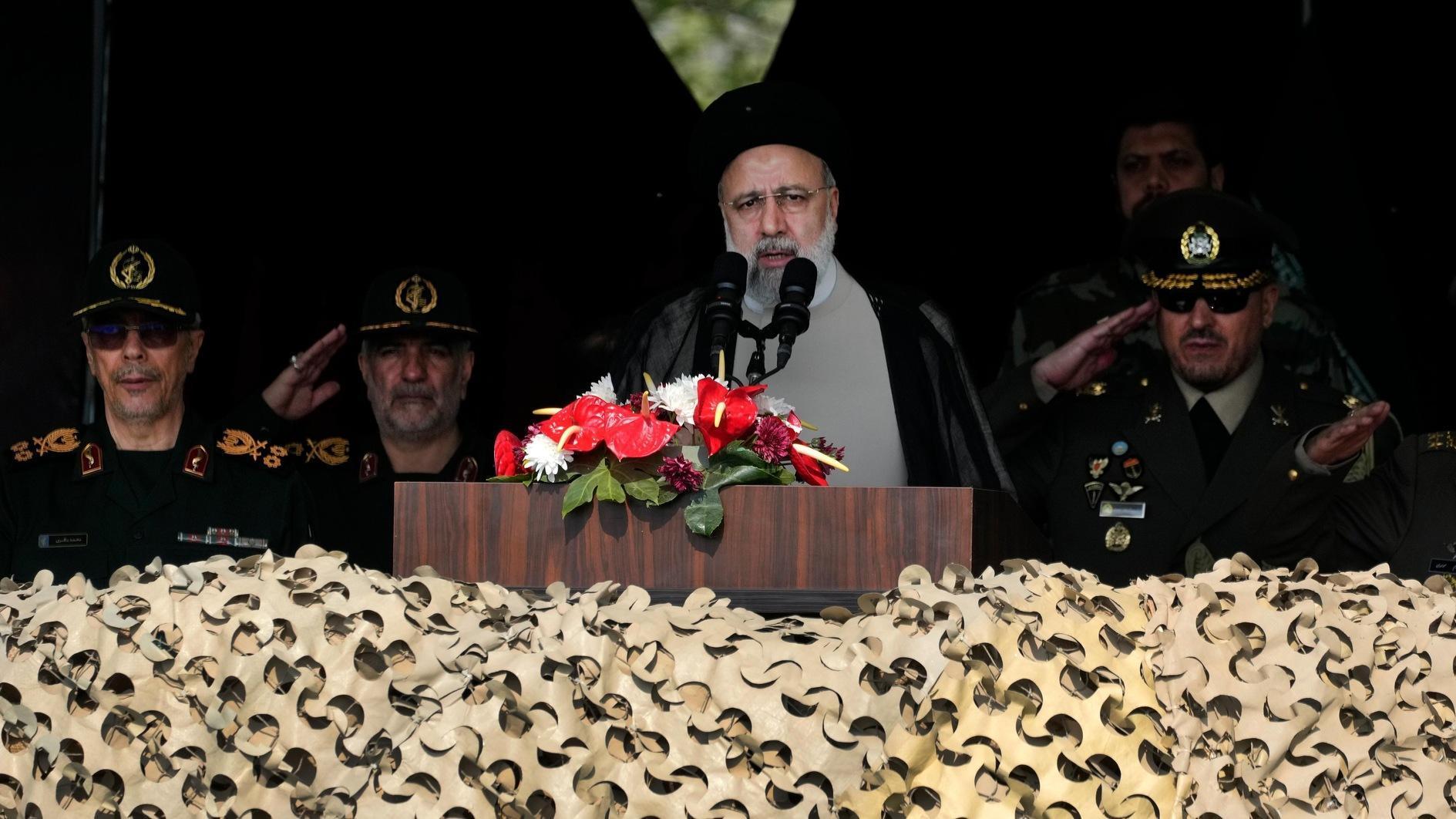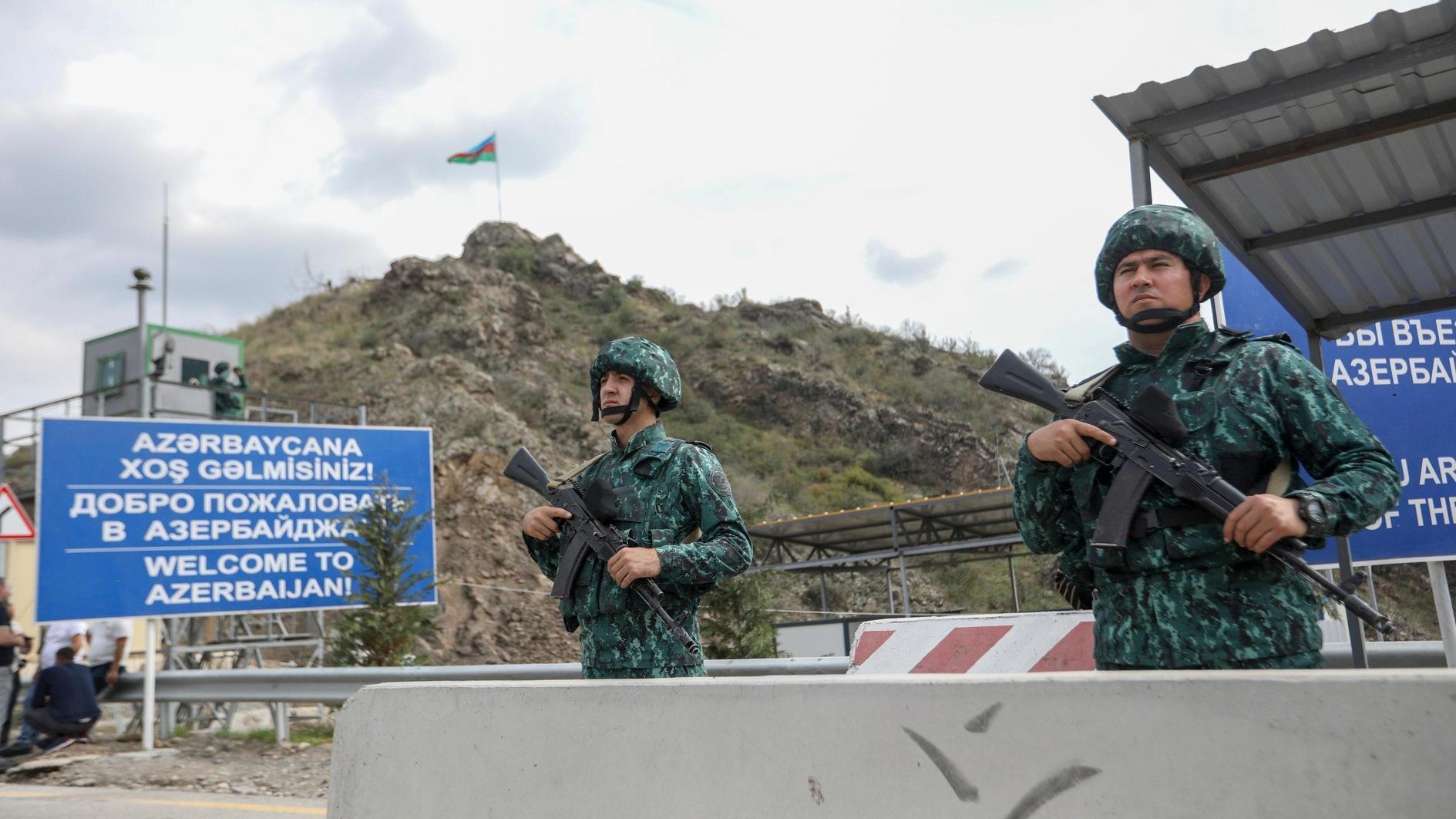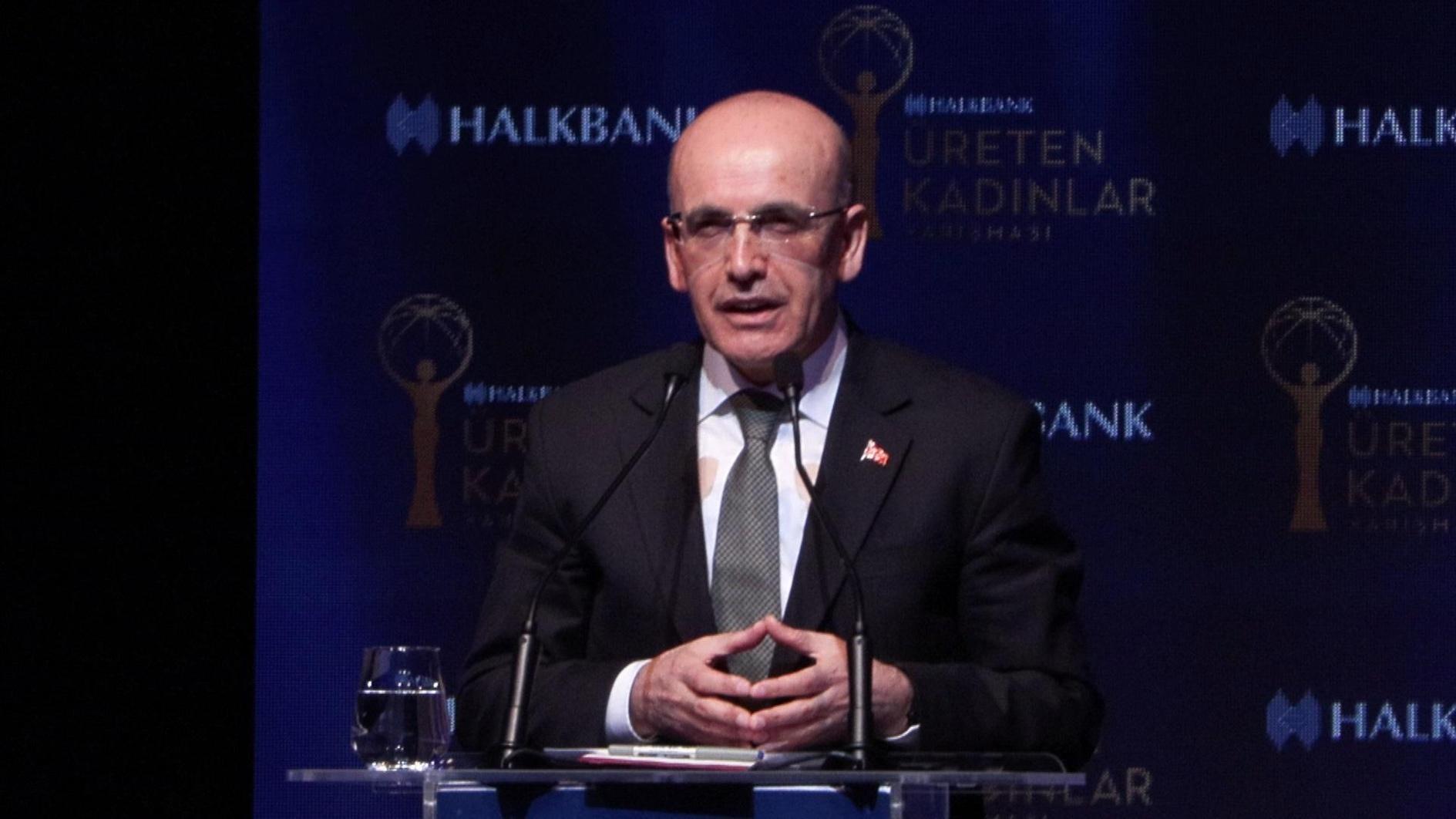UNESCO points at importance of media in saving lives during crises
ISTANBUL
 UNESCO Director-General Irina Bokova has highlighted the importance of the role of media during times of conflicts in saving lives in an address at the World Humanitarian Summit (WHS) in Istanbul that was chaired by Hürriyet Chairwoman Vuslat Doğan Sabancı.
UNESCO Director-General Irina Bokova has highlighted the importance of the role of media during times of conflicts in saving lives in an address at the World Humanitarian Summit (WHS) in Istanbul that was chaired by Hürriyet Chairwoman Vuslat Doğan Sabancı. “The role of the media is extremely important in reducing the life-threatening risks in crisis and conflict environments. The media allows the flow of information during a crisis,” Bokova said May 24 at the session titled “Protecting Journalists and Promoting Independent Reporting in Crisis Situations.”
“Unfortunately a lot of lives are being lost during times of crisis and conflict. It is especially through freedom of information and freedom of sharing information that many lives are saved,” said Bokova.
Bokova said the media was also essential after crises as it played an important role in the settlement of resolution and peace.
“A free and independent media becomes the party which reports about human rights violations,” she said. “Therefore, we need to defend the security of journalists.”
She said 825 journalists had lost their lives in the past 10 years, 50 of whom have died since the beginning of 2016.
Speaking at the same session, BBC Foreign Correspondent Karen Allen said journalists were going through times that made it harder to perform the duties of reporting.
“A lot of efforts are made to protect journalists and their freedom but there needs to be more done on the issue,” Allen said.
“Non-visible jails are being formed with limits brought to freedom of expression. That threatens our future,” she added.
Tanit Koch, the editor-in-chief of German daily Bild, said that even though journalists in Europe had easier physical conditions than those who work in crisis and conflict zones, journalism was not under enough protection even in the heart of Europe.
“Apart from the obstacles before the right to obtaining information, there is social hate against journalism,” said Koch, adding that personal benefits could override public benefit.
Zaina Erhaim, a Syrian freelance journalist, said she was carrying a “doomed passport” because she was both Syrian and a journalist, adding that one first had to define what “losing a beloved one would mean.”
Habibou Bangre, a journalist from Congo, said the current situation in the country was very tense at the moment, adding that it was “forbidden to upset the army in the news that is being done.”
Babita Basnet, the head of the Nepal Media Support group, said social media and cellphones came in very hand regarding communications during the last earthquake in the country.
Bryn Mooser, who founded a social media platform in the United States called RYOT, said citizen journalism was now a possibility thanks to the technology now on offer.
















